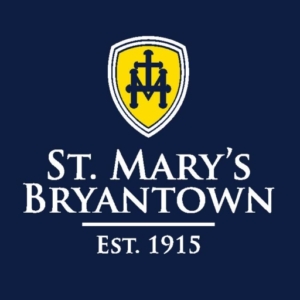Pre-K Standards
Language Arts Standards
Word Recognition, Fluency and Vocabulary (WRF)
Reading Comprehension (RC)
Literacy Response and Analysis (LRA)
Writing Process (WP)
Writing Applications (WA)
Listening and Speaking (LS)
Math Standards
Number Sense (NS)
Children learn the meaning of numbers in the everyday experiences that adults provide in the home, classroom and in their experiences of God’s creation. Preschool children need opportunities to watch, play and interact with adults and other children to learn number vocabulary and to discover number relationships. Developing number sense means more than merely counting. It involves the ability to think and work with numbers easily, to understand their uses and to describe their relationships.
Computation ( C)
Learning to model, explain and use addition and subtraction concepts in problem solving situations begins with the opportunity for young children to count, sort, compare objects and describe their thinking and observations in everyday situations. In building the foundation for computation, children need opportunities to observe adults and peers applying mathematical concepts and using problem-solving techniques.
Algebra and functions (AF)
Young children build the foundation of finding patterns and their relationships by exploring environments that are rich in shapes, sizes, colors and textures. They learn to identify and describe patterns using mathematical language when there are opportunities to sort, classify and label things in their environment. Children need hands-on activities to explore and describe patterns and relationships involving numbers, shapes, data and graphs in problem-solving.
Geometry (G)
Young children need opportunities to explore the size, shape, position and movement of objects within their physical environment. Spatial reasoning begins as children become aware of their bodies and personal space. Children learn to recognize, draw and describe shapes by manipulating, playing with , tracing and making common shapes using real objects in a variety of activities.
Measurement (M)
Children need many opportunities to explore and discover measurement and apply the results to real life situations in order to construct concepts of measurement.
Science Standards
Physical Science (PS)
Life Science (LS)
Earth and Space Science (ESS)
Religion Standards
The Archdiocese of Washington employs a common religion curriculum for students throughout its parishes and schools called Forming Disciples for the New Evangelization. This curriculum identifies what each child should be able to know, understand and do at each grade level. Based on the four pillars of the Catechism of the Catholic Church, the curriculum contains six key elements and fourteen standards or areas of learning. The chart below outlines the curriculum structure.
